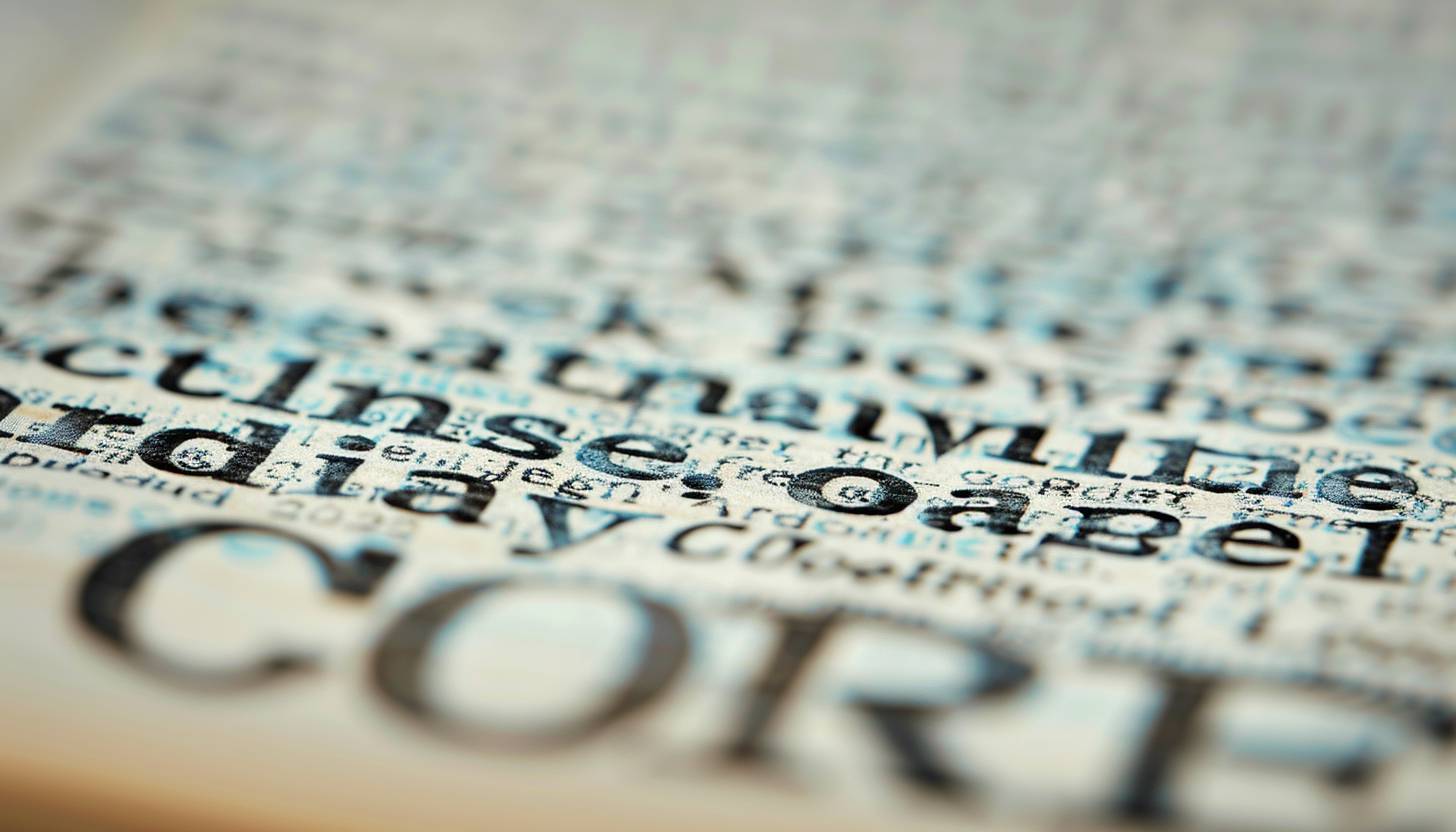Spelling can be tricky. We all know that. Sometimes, even simple numbers trip us up. Take “ninety.” It seems straightforward, right? But what about “ninty”? Is it a typo, or is there something more to it? This seemingly minor difference between ninty or ninety sparks a surprisingly fierce debate among language enthusiasts. Consequently, it’s important to understand the correct usage.
In short, this article will clear up the confusion surrounding “ninty” and “ninety.” Here’s what we’ll cover:
- The correct spelling and its origins.
- Why “ninty” is considered incorrect.
- Common mistakes and how to avoid them.
The Correct Spelling and Its Origins
The correct spelling is ninety. This is the standard form used in modern English. But where does this word come from? In short, it has quite a history.
“Ninety” originates from the Old English word nigontig. This word itself is a combination of nigon (nine) and -tig (a suffix denoting a group of ten). Similarly, many other “tens” numbers follow this pattern. For example, “twenty” comes from twentig, related to “two.” Likewise, “thirty” comes from thritig, related to “three.”
Therefore, we see a clear pattern in the etymology. This pattern reinforces the correct spelling. Consequently, remembering this origin can help you avoid mistakes. After all, understanding the roots of words often makes them easier to spell. Moreover, it provides a fascinating glimpse into the evolution of language.
Furthermore, it’s important to note that ninty is not a recognized spelling in standard English dictionaries. Therefore, using ninety is essential for formal writing. For instance, in academic papers, business reports, or any professional communication, using the correct spelling is crucial. Above all, it demonstrates attention to detail and enhances your credibility.
Why “Ninty” Is Considered Incorrect
So, we know ninety is correct. But why is ninty wrong? In short, it’s simply not part of standard English vocabulary. There’s no historical basis for it. Consequently, dictionaries don’t recognize it.
Furthermore, ninty doesn’t follow the established patterns of English number words. As we discussed, words like twenty and thirty have clear etymological roots. On the other hand, ninty doesn’t fit this pattern. Therefore, it stands out as an anomaly.
Using ninty can create confusion. For instance, readers might assume it’s a typo. Likewise, they might question the writer’s command of English. Therefore, using the incorrect spelling can negatively impact your message.
Above all, consistency is key in writing. Using the standard spelling ninety ensures clarity. It also demonstrates professionalism. In addition, using consistent spelling enhances readability.
Common Mistakes and How to Avoid Them
Spelling errors happen. We’re all human. However, understanding common pitfalls can help us avoid them. Therefore, let’s look at some frequent mistakes related to “ninety” and how we can prevent them.
Firstly, the most common mistake is simply transposing the “e” and “t,” resulting in ninty. This is a simple typo. However, it’s easily corrected with careful proofreading.
Secondly, sometimes people mistakenly add an extra “e,” spelling it ninetye. This error is less frequent. But it still occurs. Consequently, it’s worth being aware of.
Therefore, how do we avoid these errors? Here are some helpful tips:
- Double-check your work: This seems obvious. However, it’s often overlooked. After writing, take a moment to review your text. This can catch many simple errors.
- Use mnemonic devices: Creating a memorable phrase or association can help. For instance, you could remember that “nine-ty” sounds like “nice tea.” This can help you recall the correct spelling.
- Read aloud: Reading your text aloud forces you to slow down. This can help you identify errors that you might otherwise miss.
- Use digital tools: This is where Arvin shines. For example, Arvin’s grammar and spell check function instantly identifies errors. Similarly, it suggests corrections in real-time. Therefore, it’s a powerful tool for preventing spelling mistakes. Moreover, using Arvin across all your writing platforms ensures consistency.
Furthermore, consider why these mistakes happen. For instance, sometimes our fingers move faster than our brains. Similarly, we might be distracted while writing.
Nail Your Numbers: Perfect Spelling with Arvin
So, we’ve explored the ins and outs of ninety or ninty. We’ve delved into its origins and uncovered common pitfalls. Therefore, you’re now equipped to confidently use the correct spelling. In short, mastering these small details elevates your writing.
Here are the key takeaways on ninety or ninty:
- The correct spelling is ninety.
- Ninty is not a recognized spelling in standard English.
- Understanding the etymology can aid memorization.
- Careful proofreading and digital tools are essential.
Furthermore, ensuring accurate spelling, especially with frequently used words like “ninety,” is vital for clear communication. Consequently, using a tool like Arvin can be a game-changer.
For instance, Arvin’s real-time grammar and spell check ensures your writing is always polished and professional, catching errors like “ninty” instantly. In short, Arvin helps you nail your numbers—and your spelling.
FAQs About Ninty or Ninety
Which is correct, ninty or ninety?
The correct spelling is ninety. Ninty is not a standard English word. Consequently, using ninety is essential for all formal and informal writing.
Is 90 a spelling?
90 is a numeral, not a spelling. Therefore, it represents the number but isn’t a word. In short, it’s a symbolic representation.
Is it ninty three or ninety three?
It’s ninety-three. Similarly to the first question, ninty is incorrect. Consequently, always use ninety when writing out the number.
Which one is correct, fourty or forty?
The correct spelling is forty. There’s no “u” in forty. Therefore, fourty is a common misspelling. For instance, this is a frequent error people make.






